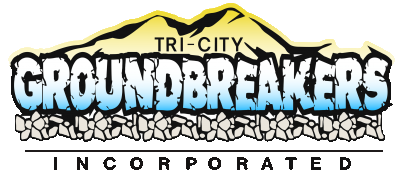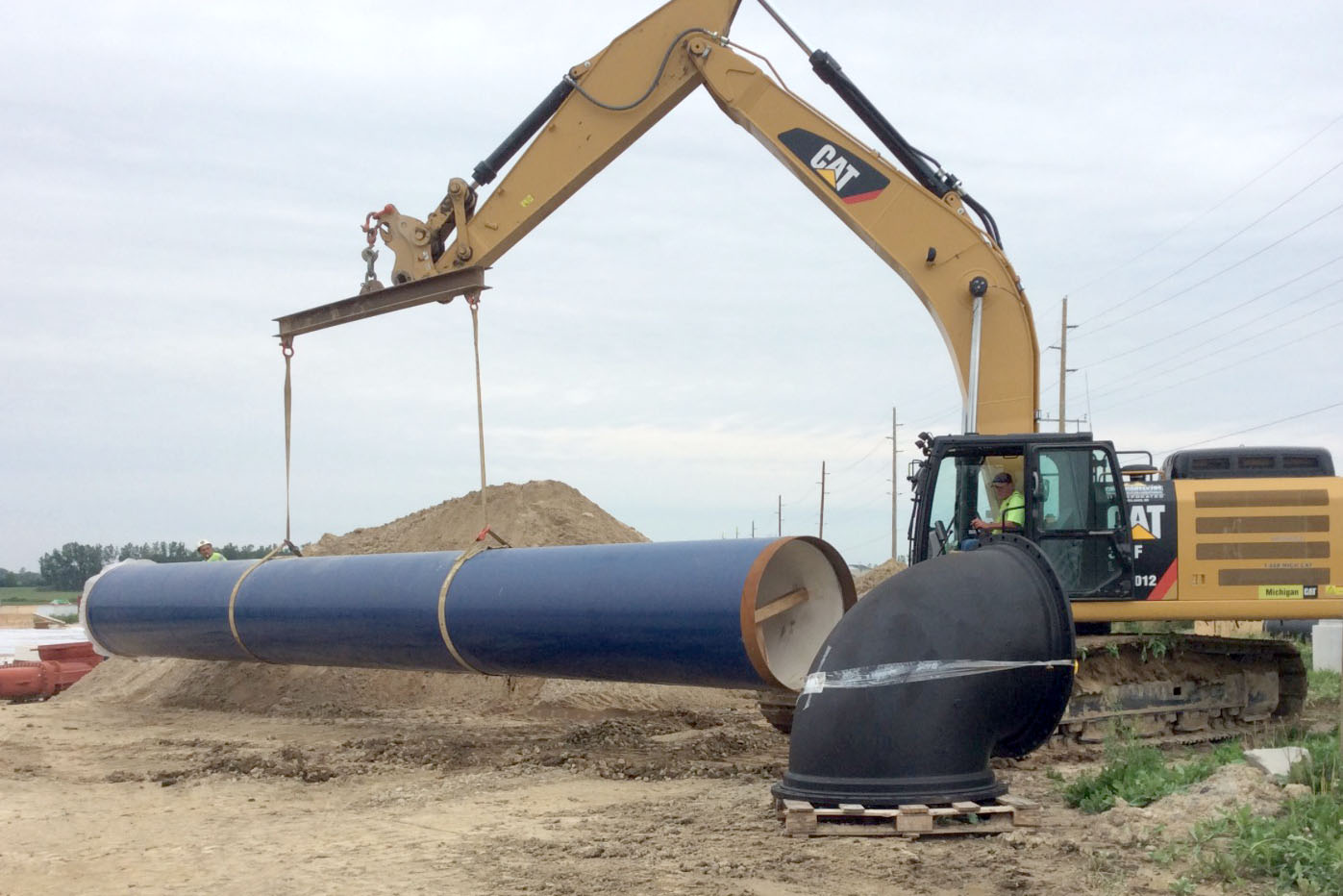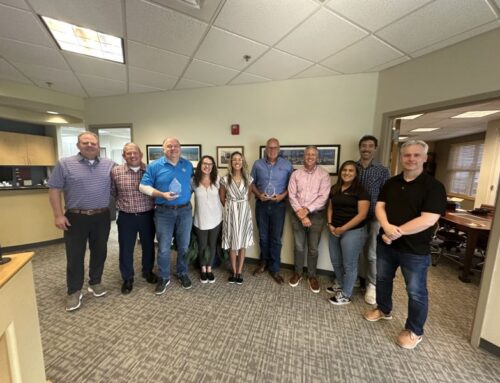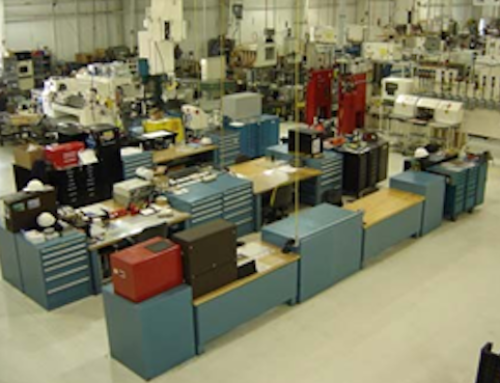 Tri-City Groundbreakers Inc., a civil construction company based in Midland, Michigan, has begun a LEAN transformation with stunning results. Founded in 2005 by John and Tamara Schmidt, the company began residential jobs with just one employee. It did not take long, however, for Groundbreakers to secure a series of projects at the nearby chemical plant and semiconductor facility. Within two years, the company’s payroll had grown by 1200%. Unfortunately, the explosive growth followed by many years of steady expansion strained Groundbreaker’s management processes. Details were falling through the cracks, costs were increasing, and like many construction companies, Groundbreakers needed to establish a cushion of operating cash to protect its hard-won growth. Put simply, Tri-City Groundbreakers needed a LEAN transformation.
Tri-City Groundbreakers Inc., a civil construction company based in Midland, Michigan, has begun a LEAN transformation with stunning results. Founded in 2005 by John and Tamara Schmidt, the company began residential jobs with just one employee. It did not take long, however, for Groundbreakers to secure a series of projects at the nearby chemical plant and semiconductor facility. Within two years, the company’s payroll had grown by 1200%. Unfortunately, the explosive growth followed by many years of steady expansion strained Groundbreaker’s management processes. Details were falling through the cracks, costs were increasing, and like many construction companies, Groundbreakers needed to establish a cushion of operating cash to protect its hard-won growth. Put simply, Tri-City Groundbreakers needed a LEAN transformation.
As winter thawed into the spring of 2020, coaches from DLW Partners met with Tri-City Groundbreaker’s bidders, schedulers, and project managers. One early initiative included the establishment of a “war room”: a space devoted to weekly scheduling and strategy meetings. Foreman, project managers, and officers began coming together each week to hammer out a unified production plan. A large win/loss planning board, following the LEAN principle of “visible work,” soon showed the status of each job at a glance. By getting on the same page early in the week, delays due to absent equipment and material shortages decreased dramatically.
Besides communication difficulties, Groundbreakers also found itself struggling with many sources of waste. To tackle the problem, DLW Partners assigned an Efficiency Intern to work exclusively at Tri-City Groundbreakers throughout the summer. After creating a value stream map of a typical job, it soon became clear where the Groundbreakers team should focus their efforts. “At times, we were going back to rework the same task two or three times” explained one of the project managers. With the data in hand, Groundbreaker’s team came together to develop solutions. Quality checklists allowed foreman and project managers to quickly inspect critical areas. Toolbox Talks brought teams together and highlighted upcoming challenges so that all could be prepared. The most profitable change, though, was not a process or checklist; rather, the 5Y mindset allowed Groundbreakers to address the root causes of rework.
From communication to quality control, the principles of LEAN proved their worth in the modern construction industry. By increasing communication, understanding, and accountability between all levels of the company, LEAN unified. By encouraging managers to “go and see,” LEAN connected. By defining goals and enabling teams to consistently meet them, LEAN motivated. By cutting out waste of all kinds, LEAN strengthened. Some may downplay LEAN as just another “corporate program”; yet, for those with the courage to see beyond, LEAN offers stunning transformations in any industry.






